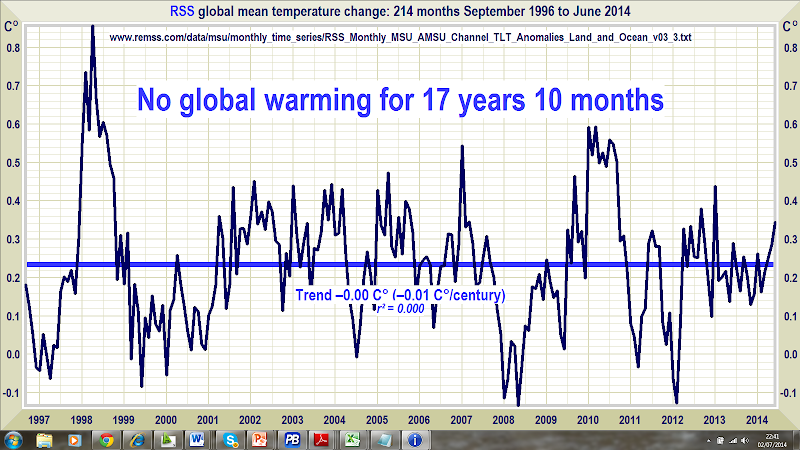First, define extreme environments. You could call Antarctica an extreme environment, right? Its pretty darn cold. SO first, what would the effect of too much global warming be an antartica? Likely a massive amount of melting. ANd that would liekly cause a rise in sea level. The rise in sea level would threaten coastal regions where people live, right?
Deserts are extreme environments. According to some models, the effect of global warming on the deserts would be an expansion of the deserts. Deserts are not terribly good for farming, yet the lands the desert replaced, likely are far better and far more usable by man and other animals.
For both of these cases there is a direct impact on mankind so that leads to the importance of action.
From there, you need only show that the action needs to be global. What happens if we reduce our CO2 emissions, yet another country increases theirs?
There is your essay. Say what you are going to say, say it, then say what you said.
In other words, give the jist of your arguments in your first 1 or 2 paragraphs. The go into depth in your argument providing source where possible. Quoting source... even better. Conclude your essay with what you have shown and perhaps a suggestion on how to attain global support. Presto. You have a good essay.
For research, go to google scholar and look up "antartica and climate change" and "deserts and climate change". Find quotes supporting your claims and cite your sources.
Good luck.
Depends on the extreme environments, Antarctica at minus 50C would hardly be altered by a 2 or 3C rise.
Deserts well during the holocene optimum which was a few degrees C warmer, the Sahara had rivers and lakes due to increased precipitation caused by increased evaporation of the oceans, also CO2 reduces the amount of water plants need, and since 1980 arid semi desert areas (the Sahel, Eastern Australia etc) have seen up to 14% more vegetation.
Extreme areas like the Canadian and Russian tundras would benefit from some warming and could see expansion of their forests and woodlands further to the north.
All in all extreme environments would definitely benefit from global warming.
Extreme environments?
I'm not concerned about the most arid deserts, at least not those more than 70m above sea level.
http://www.climate4you.com/ClimateAndClo...
Are you concerned about semi-arid deserts?
Extreme cold climates are another matter, for three reasons
1. Certain species, such as the polar bear and the Emperor Penguin rely on cold climates to survive.
2. Much of the world relies on glaciers for stable drinking water.
3. If the ice in Antarctica and Greenland melt, sea level will rise, flooding millions of square miles of land.
Regarding Kano's response, not all of Antarctica is -50C or even below freezing in the Summer.
"Along the Antarctic Peninsula, temperatures as high as 15 °C (59 °F) have been recorded"
http://en.wikipedia.org/wiki/Climate_of_...
Kano
If you think I'm making that up, check the link
Extreme environments need our help. Without global action, extreme environments will certainly wither away. OK I'm just kidding. I speaking gibberish. No offense meant but the question is kind of hard to fathom. Extremely cold environments shouldn't be harmed by warming but then again alarmists want you to believe it will be bad for everybody and everything all of the time.
Unless you live in an alternate universe like deniers, we only have one planet and humans live inside a biosphere that includes the atmosphere.
The importance is both economic and social.
Google withe site:edu or site:gov alomg with impacts of climate change and you will get many reports.
What global warming or climate change are you talking about? It's been cooling for at least 12 years according to HadCrut3 & HadCrut4 is nearly flat. http://www.woodfortrees.org/plot/hadcrut...
According to RSS Satellite data there has been no warming for almost 18 years. Please try to keep in mind that all the climate models predicted WARMING --- not cooling or temperature remaining the same.
